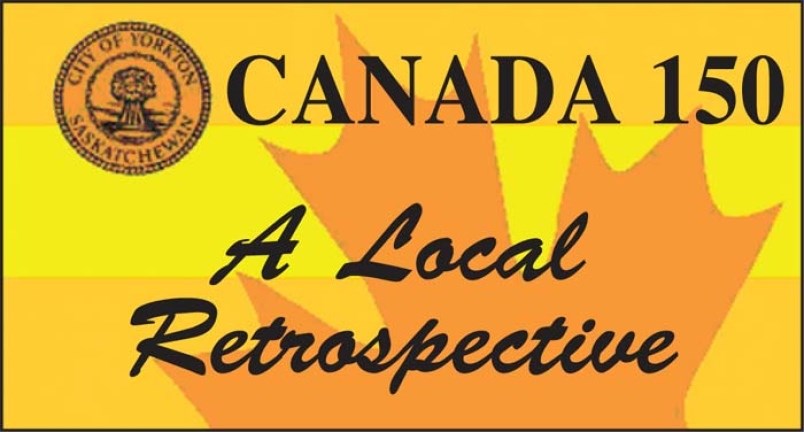In 1920, Yorkton was dry. As part of the Canadian liquor plebiscite, Saskatchewan voted in favor of a ban on the importation of wine and liquor, with Yorkton and Mackenzie both putting their votes in the dry column.
Manitoba, Alberta and Nova Scotia were the other provinces that voted to ban importation of wine and liquor on the same day.
In Yorkton, 604 people voted for the province to be dry, while 269 voted for it to remain wet. In the riding of Mackenzie, the vote was 2967 for a dry province, 1144 for a wet one.
The big issue, at least according to the Yorkton Enterprise, was not whether or not you could get alcohol in Saskatchewan, but that so few people cared to vote on the subject. In an editorial on the subject, S. Y. Wynn, managing director of the Enterprise, argued that there would be stormy times ahead when it came to enforcing any liquor laws, as it’s difficult to enforce a law that the public does not agree with. While the majority of Yorkton voters were in favor of the law, there were still a vocal minority who were not, and the large number of people who did not care enough to vote on the subject.
Saskatchewan was the first province to make temperance part of public policy back in 1915, and in 1916, Saskatchewan revoked all licenses for bars and clubs and also banned the public sale of alcohol. The rest of the country, barring Quebec, followed suit in 1917, and on April 1, 1918, the federal government prohibited the sale, manufacture and importation of drinks with an alcohol percentage greater than 2.5 per cent, though this was pitched as a wartime measure for the sake of preserving grain.
The plebiscite was put to the provinces in order to see if prohibition was going to remain provincial policy or new laws would be enacted. The provinces voted to keep the status quo, but soon after began to fall off the temperance wagon and start allowing alcohol again.
Saskatchewan would eventually abandon prohibition in 1925, though it still controlled the sale of alcohol. The last province to prohibit the sale of alcohol was Prince Edward Island, in 1948, but there are still individual towns in the country where you can’t find a drop to drink.
Without alcohol to keep you company, what would you do to lift your spirits when feeling down? If you had “bachelor blues,” A. J. Logan, the Columbia Dealer in Yorkton, suggested picking up a Columbia Grafonola.
“Put on the cheer-up records, enjoy a rhythmic waltz,” the ad copy said.
“Play the dance tunes and wind up with a tip-top jazz. That’s the way to be yourself again.”
Suggested cheer-up records included Cocoanut Dance and Persiflage with solos by Fred Van Eps, as well as I’m in Heaven when I’m in My Mother’s Arm backed with There’s a Vacant Chair at Home Sweet Home, each record being a dollar each.



